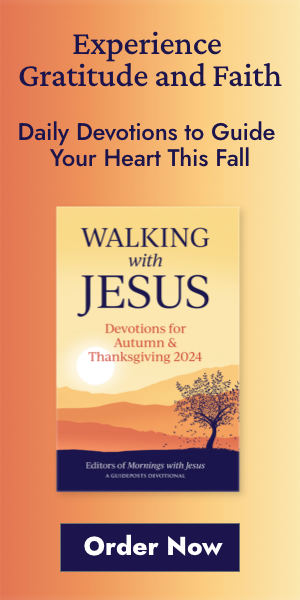May the great name of God be exalted and sanctified…
These are the opening words, translated from Hebrew, of the Jewish mourner’s prayer known as the kaddish. The prayer continues with more words of praise: “Blessed, praised, glorified, exalted, extolled, honored, elevated and lauded be the name of the Holy One.” And it ends with a prayer that “the One who makes peace in high holy places, bring peace upon us.”
Who among us, if we read this prayer without any context, would guess such words of praise are recited at Jewish funerals and to mark the anniversaries of a death, called yartzheit (pronounced YAR-tzite)? The kaddish has no mention whatsoever of death, loss, grief, or sadness.
As puzzling as the seeming disconnect might be, the juxtaposition has been deeply meaningful to me as I’ve navigated losses in my life—and it feels especially resonant as I mark the third year since my father’s death.
To me, the kaddish puts the idea of “authentic positivity” to its most challenging test, placing it in the context of grief and loss. After all, the authentic positivity I write about here at Guideposts means recognizing true opportunities for joy without erasing the painful realities of life. Isn’t this what the kaddish is asking mourners to do, to hold in awe the perplexing, beautiful, tragic wholeness of the human experience by speaking words of praise at moments of profound pain?
At various times in my life, I’ve recited kaddish through streaming tears. I’ve allowed the words to swirl around me when I was too overcome by emotion to speak them myself. I’ve even stood silent at times when kaddish was recited, too angrily perplexed by grief to participate in the words of praise in that moment.
But now, as I feel palpably the passage of time since my father’s death in 2019, how each year brings me into a new relationship with his loss, I am experiencing kaddish in a new way.
I feel the pangs of sadness that are implicit in the grieving process. I mourn the lost opportunities for more time together, for more memories made.
But I also feel better equipped to celebrate my father’s life, to feel enveloped in gratitude for the myriad ways I feel his presence in my daily life, to be in a position to carry his memory with me as I step forward into the year ahead. And to feel the strength to recite words of praise and affirmation as a way of living authentically in my grief, which ebbs and flows like tides, like seasons, like this beautiful life.




